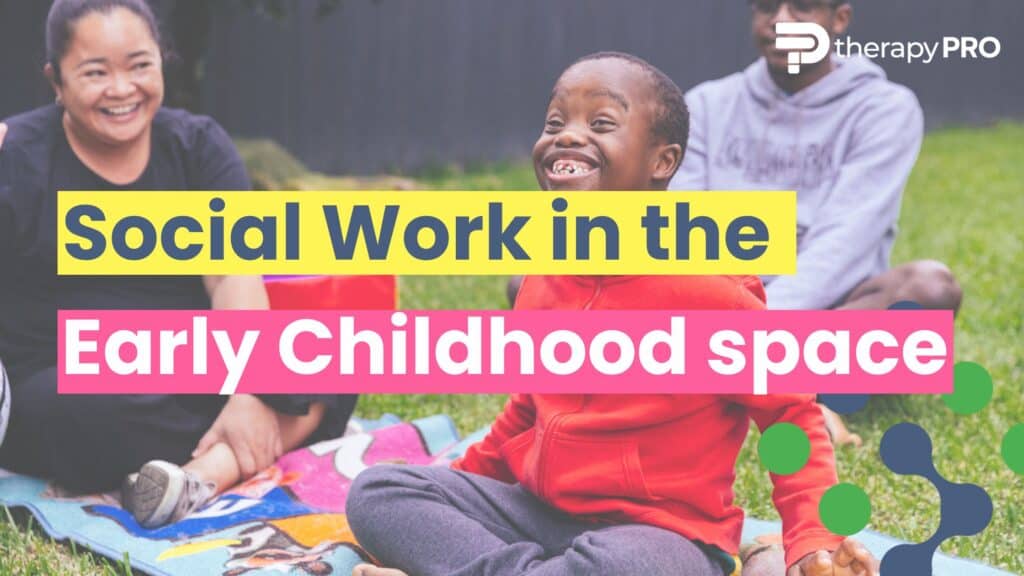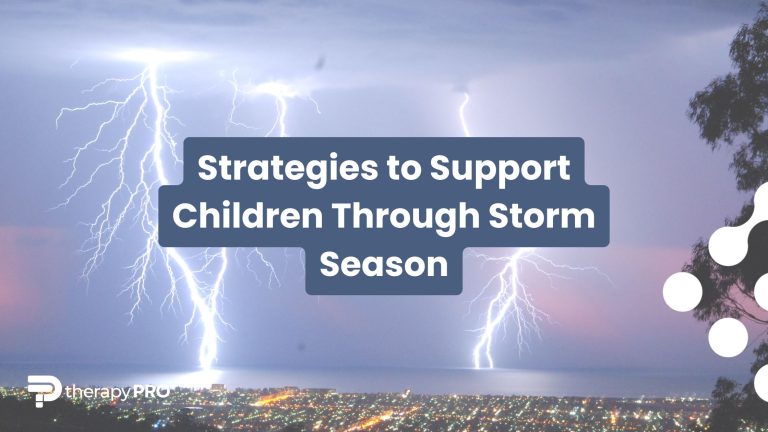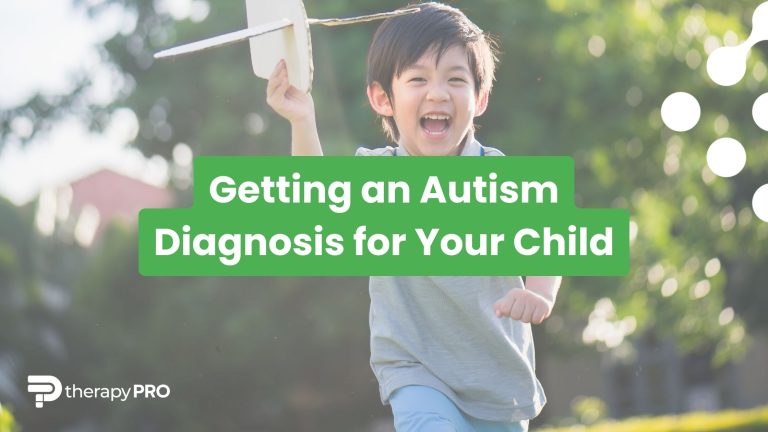Social Work in the Early Childhood Space
Last updated: 8 August 2025 – Reviewed and updated to reflect the latest NDIS early childhood approach changes, including the expanded age range (under 9), current eligibility requirements, and funding pathways for accessing social work services.
To help us dive into social work in early childhood, we asked Natalie, one of Therapy Pro’s social workers for some insights into the profession. Natalie has a special interest in early childhood social workers and intervention and has over 10 years experience in the sector.
Therapy Pro’s social workers are university-trained allied health professionals, each with a unique background and skillset. Something they all have in common is their commitment to assisting our clients in connecting and interacting with the world around them.
Our social workers can provide counselling and information to individuals or groups, as well as referrals to other support services. It is commonplace for our social workers to support not only the child, but also their family and wider support networks. When it comes to early intervention and child development, social workers in the early years play a vital role in strengthening these networks.
The following sections explore social work in the early childhood space: what supporting the child’s network can look like, how to access social work, and examples of these services in practice.
If you’re looking for more information about the common misconceptions about social workers then head on over to our related blog which shares a lot more in this space.
What supporting the child’s network can look like in social work
A social worker can help a child and their family build capacity and support greater inclusion in everyday settings; giving the child and family the tools to have the best start in life.
Before the introduction of a social worker, sometimes the only information and support a family has is a diagnostic letter.
A social worker’s role is to inform and support the family, guiding them through these early years. This support can be given in a variety of different ways:
- Providing knowledge and information to the family.
- Offering emotional support, especially as parents may initially experience grief and confusion.
- Building the parents’ and families’ capacity to support their child – enhancing the ability of the family to respond to the child’s needs.
- Guiding parents through evidence-based support options so they can choose what they are comfortable with.
- Identifying and linking in with other supports and services that are available.
Best practice in early childhood
Whilst each child is different, there are best practices that our social workers follow.
The primary role of the social worker in early childhood is to work with and support the caregivers. Sessions often take place at home with the parents actively involved, rather than being delivered to the child alone and then “handed over” to parents. This approach is more beneficial for building skills and confidence in both the caregiver and child.
These sessions focus on capacity building and providing strategies for the caregiver/s to use in everyday routines.
What does parent and family coaching look like?
Family coaching involves the social worker helping families decide what goals they want to achieve, identifying strategies to reach those outcomes, and building capacity to use those strategies.
It should be an interactive process between the social worker and the family. In the social worker’s role, it is imperative to establish clear communication with the family and align goals and outcomes.
This collaborative approach allows the caregiver/s and child to determine what is most meaningful for them. The social worker will guide families through these conversations, offering practical strategies to achieve their goals.
The process is ongoing – the social worker will provide strategies, observe, and then reflect with the family.
Other roles of social workers in early childhood
- Providing emotional support for families.
- Linking families to educational supports or other mainstream and community services.
- Assisting families with conversations involving agencies such as Child Protection or Child Safety Departments.
- Building the capacity of other providers in the child’s life, such as school and childcare staff, by delivering interventions that support inclusion and sharing information on the child’s diagnosis or capacity.
How to access social work services
The NDIS early childhood approach now supports children under the age of 9 with developmental delay or disability. For children under 6 with developmental delay, a formal diagnosis is not required to access early intervention supports. This enables families to build their capacity and support their child’s inclusion in everyday settings.
Social work services can be funded under the NDIS categories Improved Daily Living or Capacity Building, often listed under broader allied health or Other Professional line items.
While social workers do not carry out formal diagnoses, they play an important role in supporting the process. This can include helping families gather the necessary reports, guiding them through the assessment pathway, and providing recommendations to medical or allied health professionals who complete the diagnostic process.
Therapy Pro Social Work
At Therapy Pro, our university-qualified social workers bring experience, compassion, and practical strategies to support children and their families during the important early years. We work alongside parents, carers, educators, and other professionals to build capacity, strengthen networks, and help children thrive in their home, school, and community environments.
Whether you’re looking for early intervention support, guidance through the NDIS process, or strategies to help your child participate fully in everyday life, our team is here to help.
Contact us today to find out more about our social work services, check therapist availability, or make a quick referral. We’re ready to partner with you to create the best start for your child.




